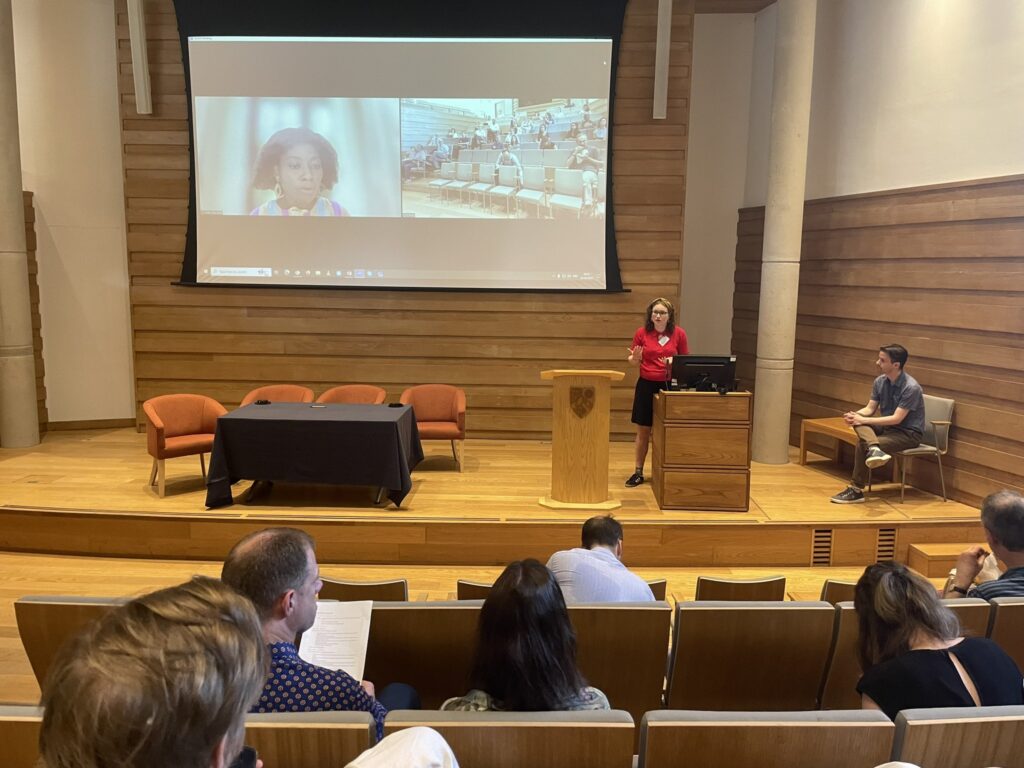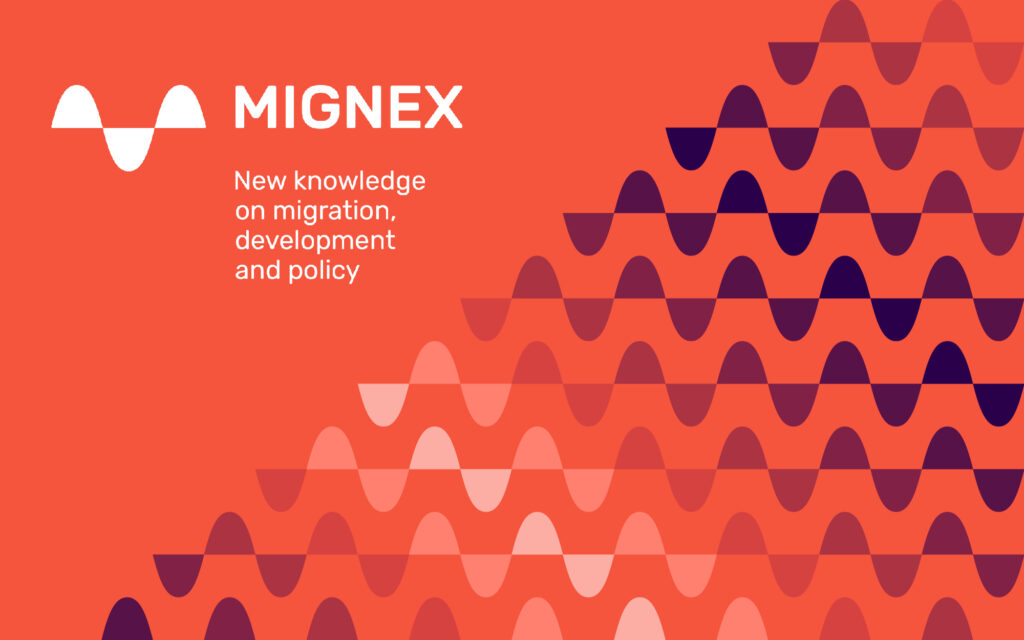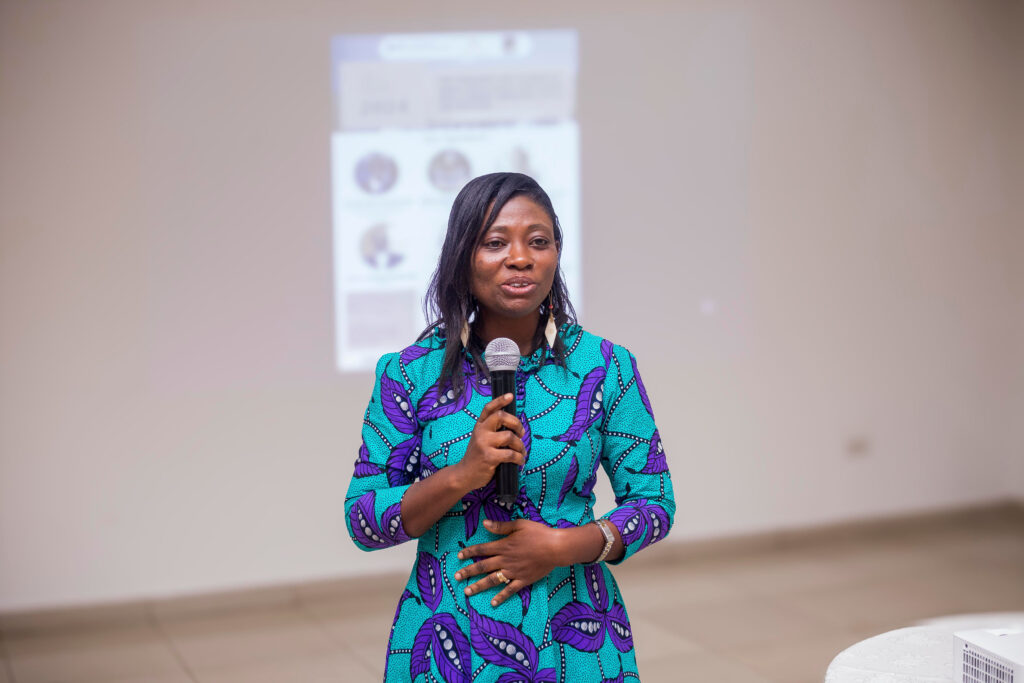Amidst the recent rise in migration of Africans seeking greener pastures in Europe and the Americas, Prof. Mary Boatemaa Setrana has called for individuals planning to migrate to reinvest their skills and capital into their home countries to support Africa’s development goals.
Prof. Setrana, a distinguished migration scholar, believes that significant opportunities for improvements in Africa’s development fortunes exist if those seeking to migrate reconsider and reinvest their skills to improve Africa.
She delivered this message during her keynote address at the June 2024 MIGNEX Conference organized by the Centre on Migration, Policy and Society (COMPAS) at the University of Oxford.
While addressing the topic “Re-considering the Concept of International Return in the African Context: The Place of Immobile Cognitive Return and Development,” Prof. Setrana said, “It is only when a person makes the conscious effort to stop pursuing migration out of the home country and decides to stay that they can make meaningful contributions to their country of origin.”
The IDRC Research Chair on Forced Displacement in Anglophone West Africa, Prof. Setrana, argued that abandoning the dream of pursuing a livelihood abroad and instead returning the mind home to invest in the local future is profitable.
“Cognitive return involves the investment of capital accumulated for intended migration purposes into the home country’s economy. Just like actual return, cognitive return can result in redirecting accumulated skills, savings, and know-how initially meant for migrating to a destination country back to the home country.”
Prof. Mary B. Setrana
“The effect of reinvesting these capitals in the local economy should not be overlooked as it contributes to post-return gains,” the Director of UG’s Centre for Migration Studies revealed.
Prof. Setrana highlighted the benefits of cognitive return for the home country. “The ‘brain’ that was almost lost to migration becomes a gain when the prospective migrant makes a cognitive return. The gain for the home country is the rechanneling of human capital for contributing to national development.”

“Not necessarily that the cognitive returnees would return with newly acquired skills or professional advancement but put the already existing skills and know-how to work to the benefit of the home country,” she noted.
She also drew attention to the issue of Western standards and African realities.
Drawing on her own educational experiences and research in Ghana and other African countries, Prof. Setrana illustrated the disconnect between Western-oriented education and African socio-cultural contexts.
She recounted how subjects taught in her primary and graduate studies were often alienating and irrelevant to her lived reality, perpetuating a colonial mindset that privileges Western knowledge over local knowledge.
“It is not a problem if I know of other places; indeed, it is great to know beyond the immediate. But to be endowed with knowledge of the ‘West’ or Global North more than ‘ours’ is a form of colonizing my mindset towards a particular worldview,” she said.
Prof. Setrana stressed the need for inclusive scholarship that recognizes and prioritizes the knowledge and conceptualizations of people who have migrated, been displaced, or are responding to migration in different ways.
She called for moving beyond merely identifying Euro-American centered biases in knowledge production to actively addressing and rectifying these biases.
“New nuanced knowledge calls for critical scholarly spaces and attention to the lived experiences of us scholars in the Global South. We need to develop a southern canon that sits proudly alongside the dominant narrative from the global north on its own merit, on its own terms,” she argued.
Prof. Setrana was one of two keynote speakers at the MIGNEX Conference, which marked the conclusion of the largest-ever European-funded research project on migration and development.
The conference also featured presentations of MIGNEX results and insights from other researchers working on similar themes.

The MIGNEX project team collected data on migration and development in 26 local communities across ten countries in Africa, the Middle East, and Asia and conducted analyses of migration-related policies.

